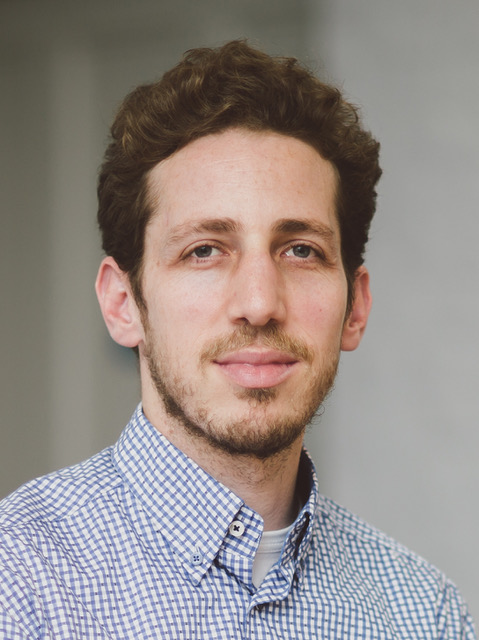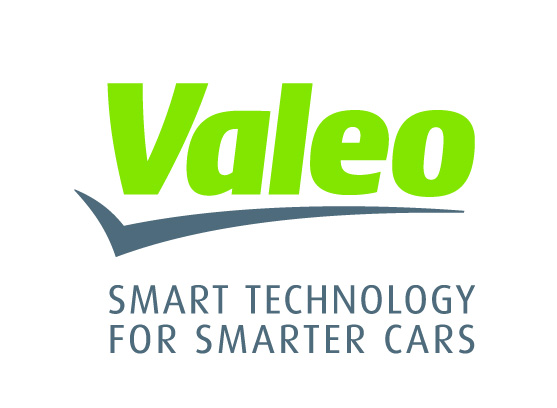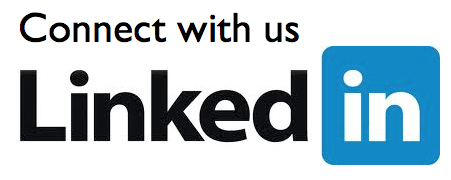Adaptive Learning Agents (ALA) encompasses diverse fields such as Computer Science, Software Engineering, Biology, as well as Cognitive and Social Sciences. The ALA workshop will focus on agents and multiagent systems which employ learning or adaptation.
This year's edition of ALA will be held as part of the joint workshop program at the Federated AI Meeting (FAIM) which will take place in Stockholm. Co-located conferences at the FAIM include AAMAS, ICML, IJCAI-ECAI, ICCBR and SOCS.
This workshop is a continuation of the long running AAMAS series of workshops on adaptive agents, now in its sixteenth year. Previous editions of this workshop may be found at the following urls:
The goal of this workshop is to increase awareness of and interest in adaptive agent research, encourage collaboration and give a representative overview of current research in the area of adaptive and learning agents and multi-agent systems. It aims at bringing together not only scientists from different areas of computer science (e.g. agent architectures, reinforcement learning, evolutionary algorithms) but also from different fields studying similar concepts (e.g. game theory, bio-inspired control, mechanism design).
The workshop will serve as an inclusive forum for the discussion of ongoing or completed work covering both theoretical and practical aspects of adaptive and learning agents and multi-agent systems.
This workshop will focus on all aspects of adaptive and learning agents and multi-agent systems with a particular amphasis on how to modify established learning techniques and/or create new learning paradigms to address the many challenges presented by complex real-world problems. The topics of interest include but are not limited to:
- Novel combinations of reinforcement and supervised learning approaches
- Integrated learning approaches that work with other agent reasoning modules like negotiation, trust models, coordination, etc.
- Supervised multi-agent learning
- Reinforcement learning (single- and multi-agent)
- Novel deep learning approaches for adaptive single- and multi-agent systems
- Multi-objective optimisation in single- and multi-agent systems
- Planning (single- and multi-agent)
- Reasoning (single- and multi-agent)
- Distributed learning
- Adaptation and learning in dynamic environments
- Evolution of agents in complex environments
- Co-evolution of agents in a multi-agent setting
- Cooperative exploration and learning to cooperate and collaborate
- Learning trust and reputation
- Communication restrictions and their impact on multi-agent coordination
- Design of reward structure and fitness measures for coordination
- Scaling learning techniques to large systems of learning and adaptive agents
- Emergent behaviour in adaptive multi-agent systems
- Game theoretical analysis of adaptive multi-agent systems
- Neuro-control in multi-agent systems
- Bio-inspired multi-agent systems
- Applications of adaptive and learning agents and multi-agent systems to real world complex systems
Extended and revised versions of papers presented at the workshop will be eligible for inclusion in a journal special issue (see below).



